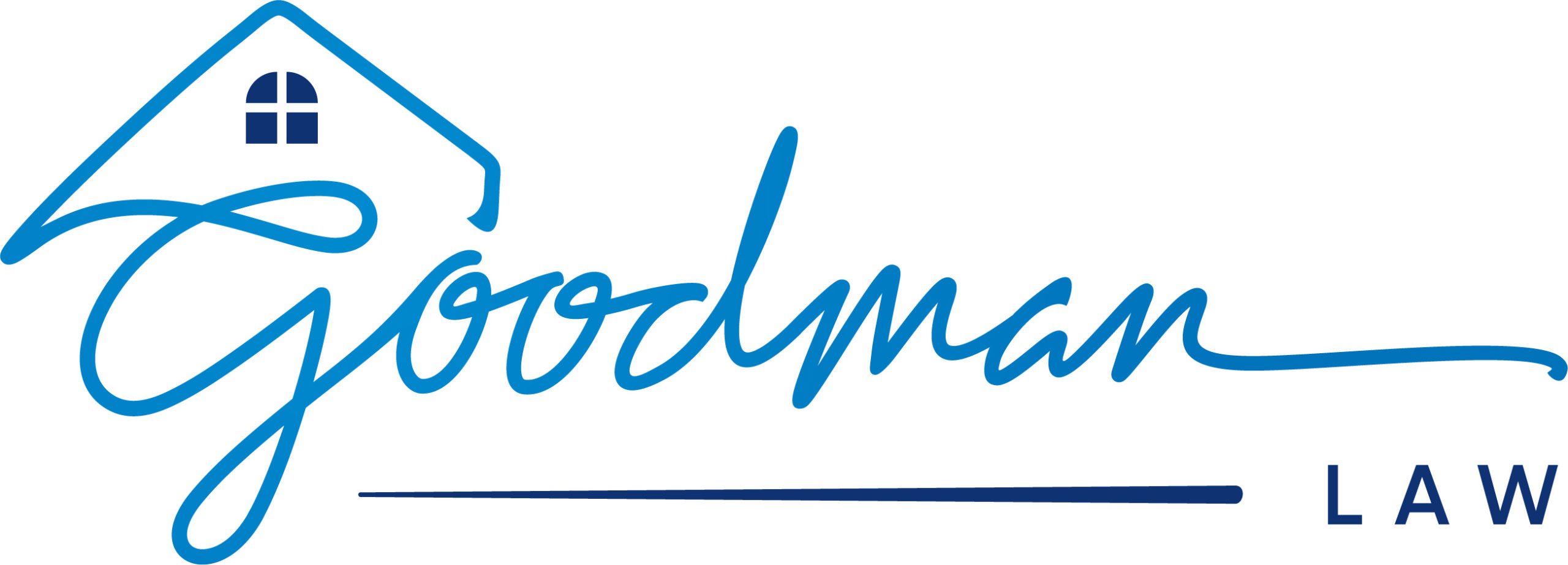Title 38 – Property – Real and Personal
Article 33.3 – Colorado Common Interest Ownership Act
Enforcement – limitation
38-33.3-123. Enforcement – limitation
History
Source: L. 91: Entire article added, p. 1714, § 1, effective July 1, 1992. L. 96: Entire section amended, p. 1087, § 1, effective May 23. L. 2005: (1) amended, p. 1376, § 5, effective January 1, 2006. L. 2006: (1)(c) amended, p. 1217, § 4, effective May 26.
State Notes
ANNOTATION
The express language of this section requires a plaintiff to prevail on a claim to obtain an award of attorney feesand no fees will be awarded where the merits of a defendant’s affirmative defenses have not yet been adjudicated. Dunne v. Shenandoah Homeowners Ass’n, Inc., 12 P.3d 340 (Colo. App. 2000).
There is no “prevailing party” upon dissolution of a preliminary injunction,because at that point there has not yet been a resolution on the merits. DeJean v. Grosz, 2015 COA 74, 412 P.3d 733.
Where HOA prevailed on a significant issue against the declarant,the HOA was entitled to have the trial court determine and award it reasonable attorney fees and costs under this section. FD Interests v. Fairways at Buffalo Run, 2019 COA 148, — P.3d —.
Even assuming a trial court could determine that an overall case ended in a tie,subsection (1)(c) requires a court to award fees “for each claim…to the party prevailing on such claim”. Therefore, the statutory claim-by-claim approach differs from the C.R.C.P. 54(d) analysis of multiple claims cases. Giguere v. SJS Family Enters., 155 P.3d 462 (Colo. App. 2006).
By its express language this section does not apply to tort claims in which the plaintiff’s primary purpose was not to enforce the covenants contained in the declarationbut was to secure a damage award. Colo. Homes, Ltd. v. Loerch-Wilson, 43 P.3d 718 (Colo. App. 2001).
As a prevailing party on the defendant’s claim for an assessment lien based on property damages,plaintiff is entitled to attorney fees and costs for that aspect of the case. Hallmark Bldg. Co. v. Westland Meadows Owners Ass’n, Inc., 983 P.2d 170 (Colo. App. 1999).
Where a civil action is brought to enforce the covenants of a property owners’ association,both elements of subsection (1)(c) are met. Cody Park v. Harder, 251 P.3d 1 (Colo. App. 2009).
The plain language of subsection (1)(c) does not require a prevailing party to be a unit owner to collect attorney fees,and the omission of the language from this subsection, in light of its inclusion in other subsections of the statute, evidences the general assembly’s intent not to limit recovery of attorney fees under that subsection to unit owners. Cody Park v. Harder, 251 P.3d 1 (Colo. App. 2009).
No award of attorney fees to condominium association on appeal under C.A.R. 39.5 and this section.Subsection (1)(c) provides for recovery of attorney fees only in actions to “enforce or defend the provision of this article or of the declaration, bylaws, articles, or rules and regulations”. Condominium association defended against purchasers’ breach of contract action and sought declaratory action that contract was void. Neither purchasers’ claims nor associations’ counterclaims were to enforce or defend the article; thus, the statute does not apply. Platt v. Aspenwood Condo. Ass’n, 214 P.3d 1060 (Colo. App. 2009).
Allocation of liability for 30percnt; of attorney fees award to owner of lot improperwhere owner did not attempt to use an easement that violated restrictive covenants, but merely refused to vacate the easement pending a legal determination as to its validity and where co-defendant actually commenced building a road in reliance on the easement. Allocation of liability for attorney fees must be commensurate with failure to comply with covenants and remand to the trial court for reapportionment of liability for attorney fees was necessary. Buick v. Highland Meadow Estates, 21 P.3d 860 (Colo. 2001).
Statute of limitations defense was not preserved on appealwhere defendants raised the defense in their answer to plaintiffs’ second amended complaint and in the trial management order, but failed to bring the defense to the court’s attention in opening or closing statements, in an oral motion for a directed verdict, or in a motion for a new trial. Highland Meadows Estates v. Buick, 994 P.2d 459 (Colo. App. 1999), aff’d in part and rev’d in part on other grounds, 21 P.3d 860 (Colo. 2001).
Giguere v. SJS Family Enters., 155 P.3d 462 (Colo. App. 2006); Abril Meadows Homeowner’s Ass’n v. Castro, 211 P.3d 64 (Colo. App. 2009).
